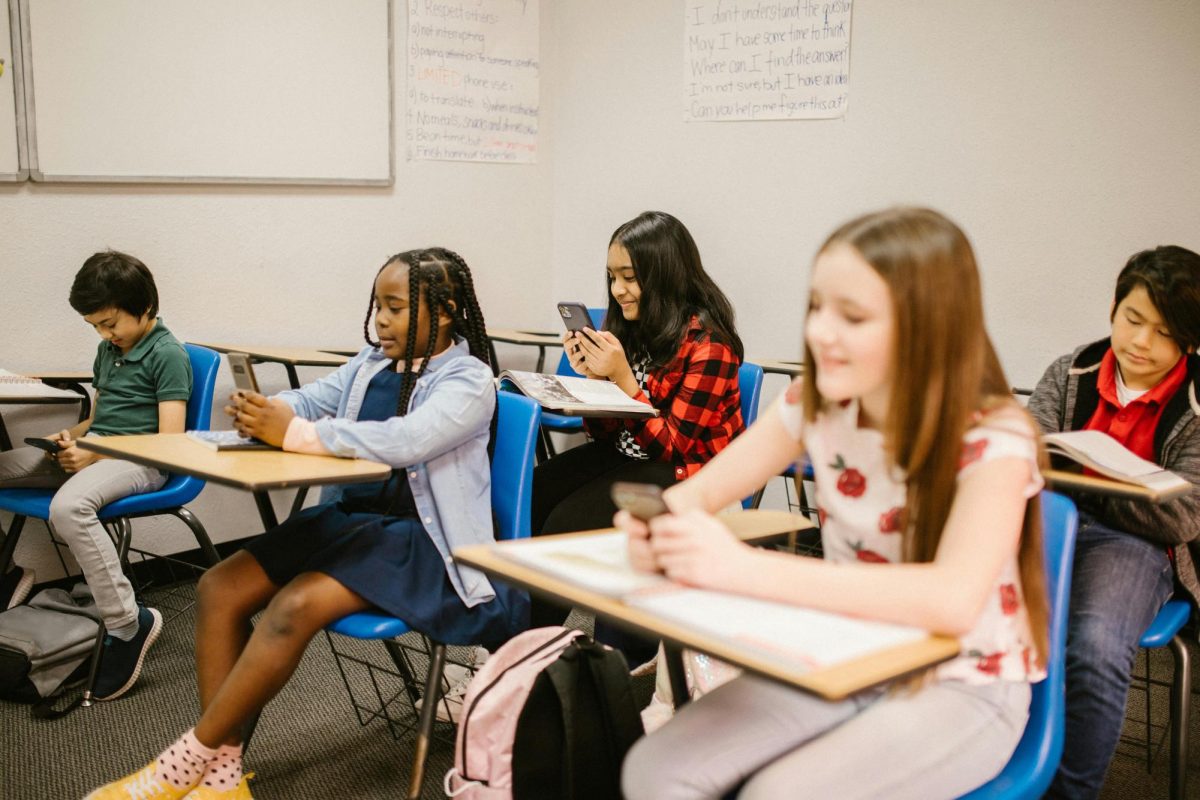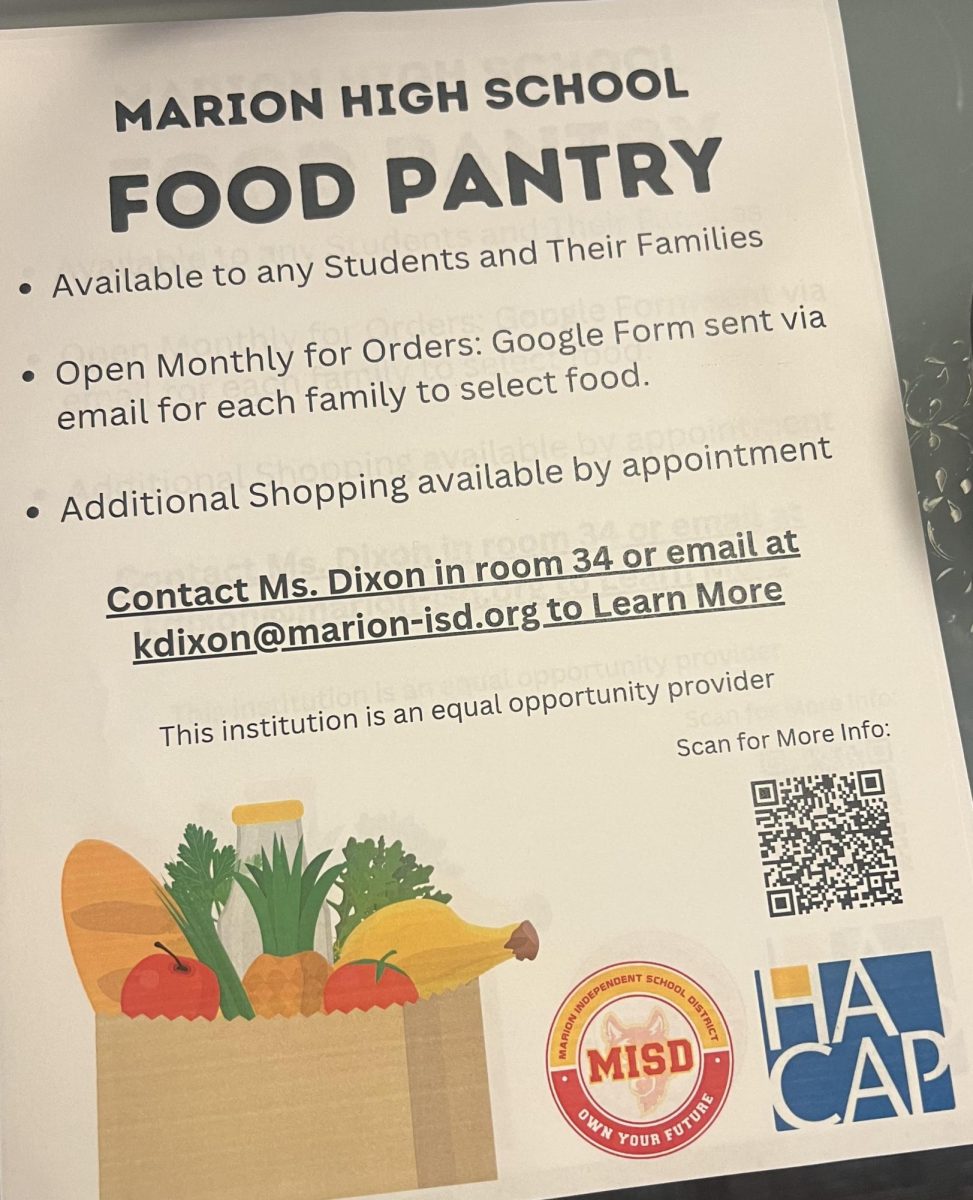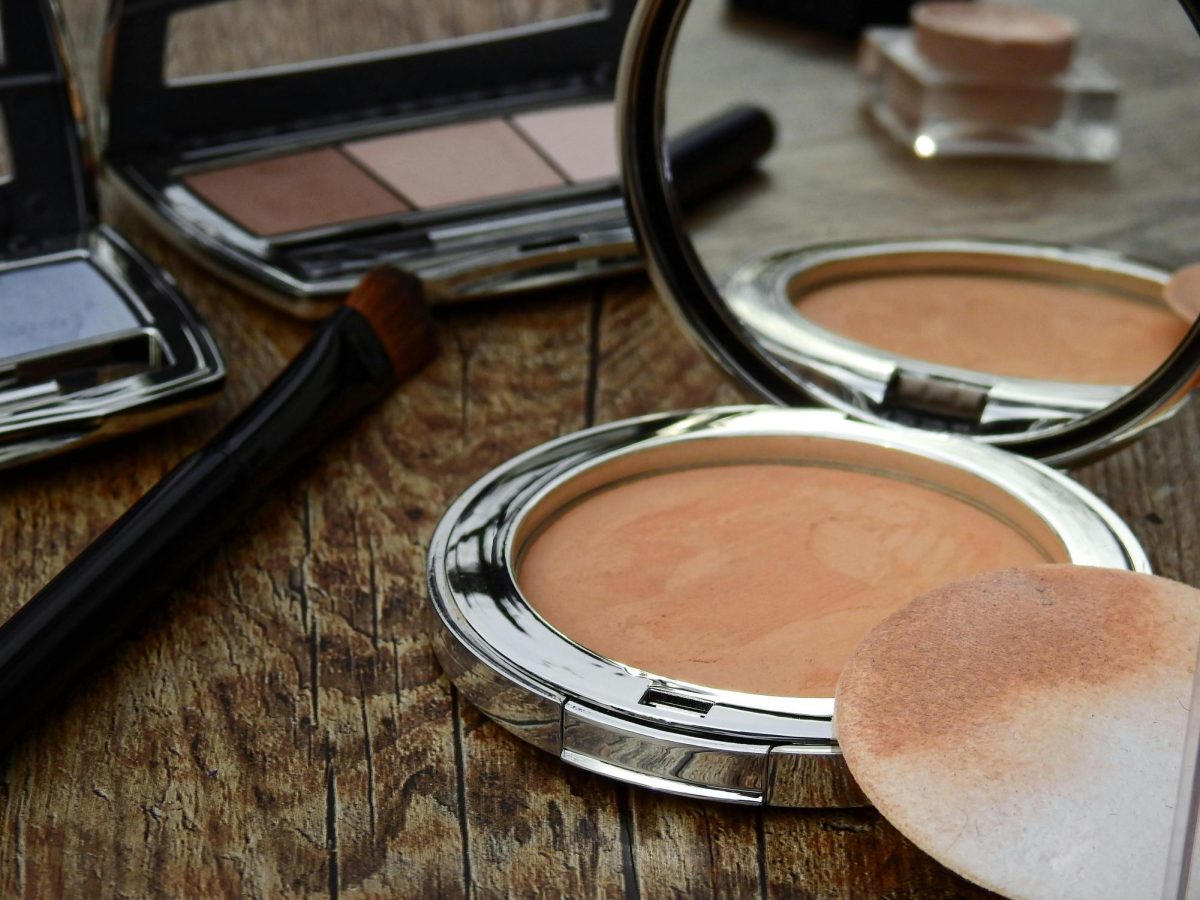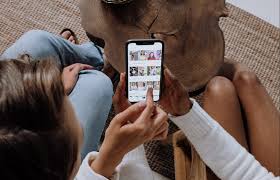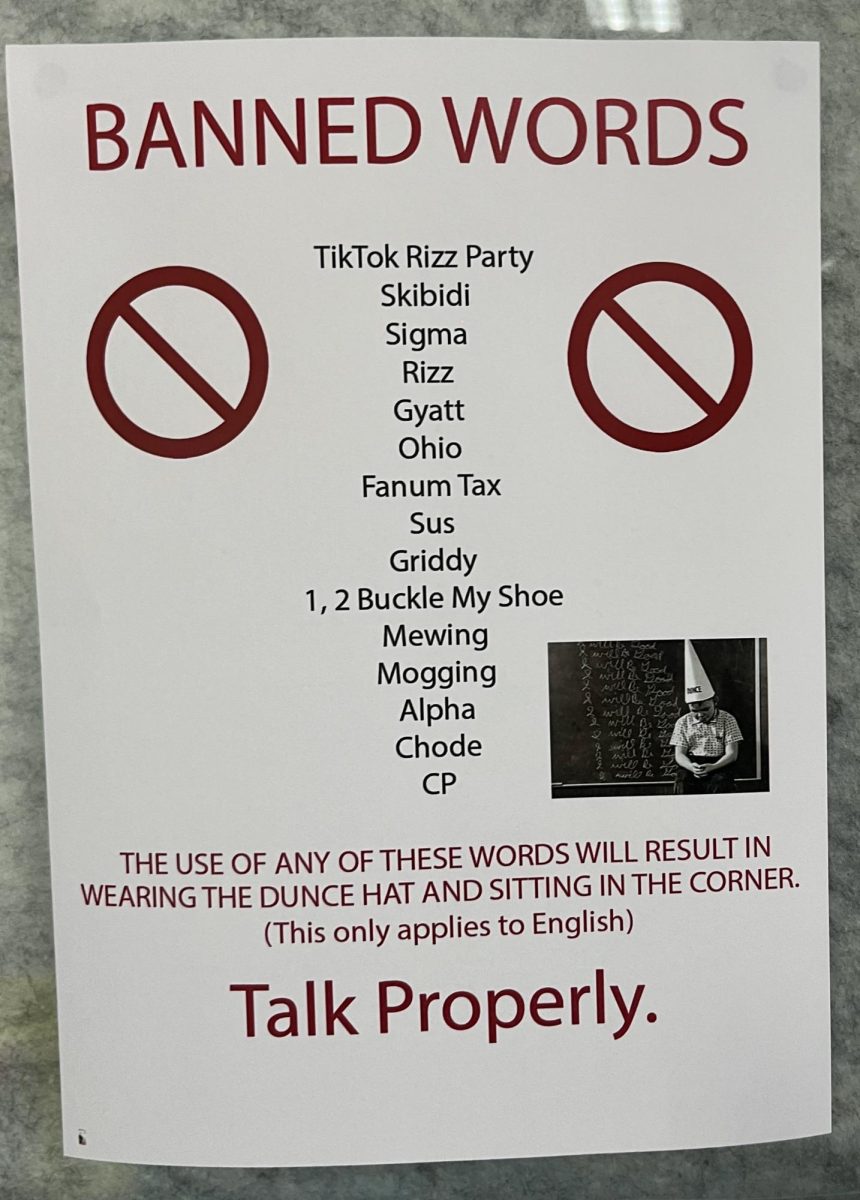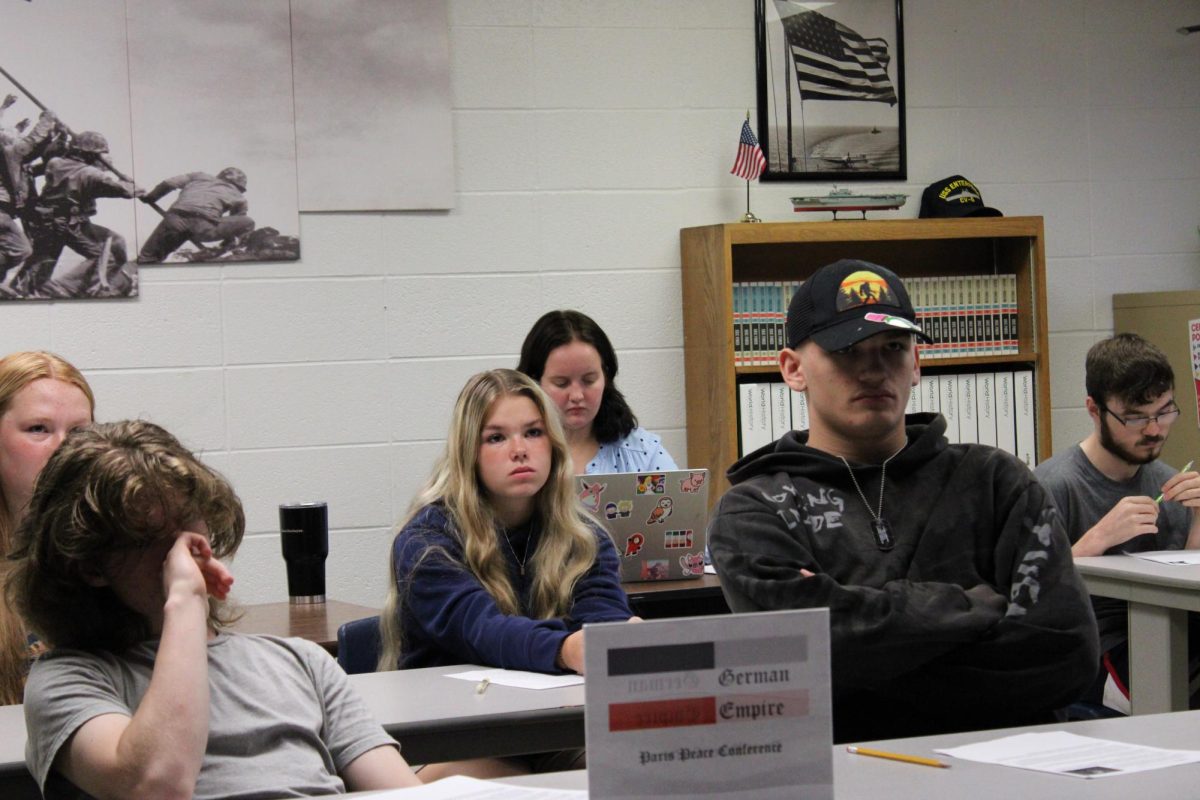A new, innovative, and eye-catching resource, known as a Yondr Pouch, is being used in places such as concerts or in settings like schools. This is an attempt to minimize distractions and add more to the moment. Yondr Pouches are neoprene bags carried by a designated person. The pouches are designed to automatically lock when one’s smart devices are inserted, only to be unlocked by a specific magnet. They cost approximately $35.
Due to students’ high cell phone usage, this equipment has found increasing implications in learning environments over recent years. Yondr pouches have been introduced to over 2,000 schools in 16 different countries. In fact, Williams Intermediate in Davenport, Iowa, introduced them and has seen a favorable effect. Despite that, phones come with the responsibility of being capable of self-regulating.
“At the end of the day, we are accountable to ourselves—our success is a result of what we do,” Catherine Pulsifer, a motivational author, once said. At the high school, the motto is “Own your future.” Greg Semler, principal, continues to abide by that.
When the idea of Yondr Pouches was mentioned, Semler considered the bag’s purpose, which he believed to be spectacular. Yet, with a school of over 700 students, it’s more complicated to implement. Semler said, “We definitely have had a lot of discussions and looked at a lot of options, but we haven’t had much success. If we were a smaller school of, say, 100, it’s easier to tighten things up.” The bags also pose a safety concern. If something were to happen during school hours, the school would have the task of informing hundreds of parents about their students, rather than one informing their guardians without the hassle of getting the pouch and requesting it to be unlocked. He also believes that having phones means one must be accountable for themselves and their own success in school. This means one should take the minute before the bell and still have the ability to put it away and focus on schoolwork.
On the other hand, Trynitee Akers, junior, holds a different perspective. She thinks the pouches have a lot to offer and could have a positive result in school. Akers believes the bags could help create a distraction-free space, allowing students to focus more on their studies and personal successes. She also feels as though the current phone policy, “Silence and out of sight in 60 seconds before the bell rings,” is too relaxed, even though there is some leniency from a couple of teachers.
Akers herself has been able to self-regulate. She said, “I rarely ever check my phone during school. I’d say I pick it up five to ten times and check it. My screen time is no more than four to five hours a day.” Self-regulation allows her to connect better emotionally with the individuals she surrounds herself with.
Yondr Pouches indeed encourage living in the moment, but perhaps there are other ways to achieve this. Holding oneself accountable offers immense pleasure and dignity, and being able to self-regulate is like a reward. In a world where life exists almost entirely online, it’s crucial to instill the value of living in the now. Instead of being too attached to what’s trending or all the latest gossip, take a moment and learn about individuals in a way the internet can’t exhibit. This is a value that educators and parents should strive to inspire in students.


